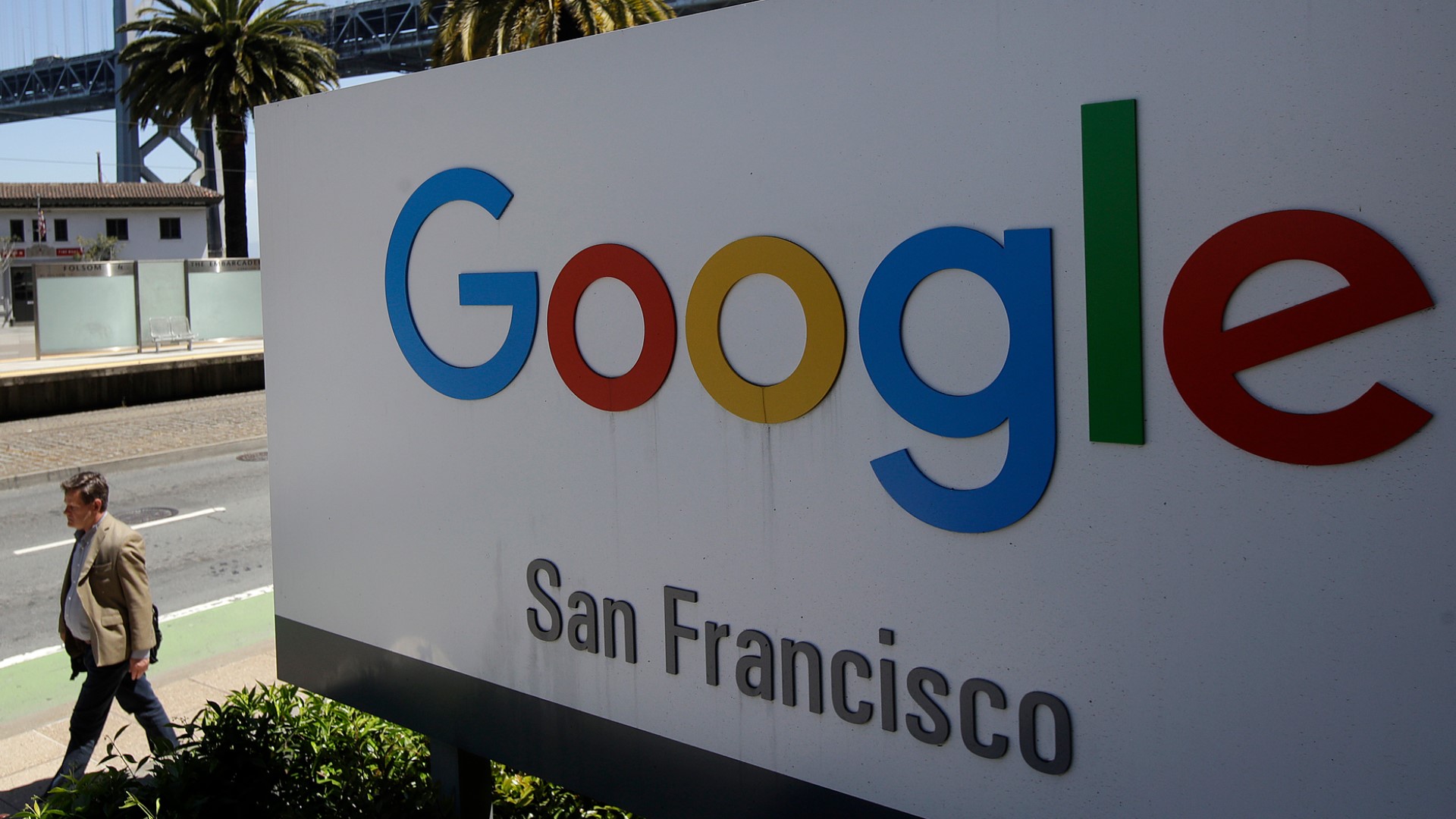If you're logging onto Google Friday and wonder what the story is behind the doodle that shows a drawing of an old computer with one of those ridiculously large monitors, it's about a birthday celebration.
Google, the search engine that is also a verb, is celebrating its 21st birthday.
You wouldn't be blamed if you can't find any historical significance between Google and Sept. 27. That's just the date Google has been using for years to celebrate its birthday. The company was actually incorporated on Sept. 4, 1998.
Two Stanford University computer science graduate students, Larry Page and Sergey Brin, met in 1995. At the time the two had a mutual interest in organizing information on the world wide web.
Brin and Page began investigating how they could use math properties as a way to organize information. Unlike most search engine algorithms, theirs would rank the relevancy of a website in a search using links from other websites. These other links are commonly referred to as back links.
According to Stanford's David Koller and Google's website, when the two ran the original program, they did it under the name, “Backrub.” It was a reference to the back links. Using back links allowed Brin and Page’s search engine to find more relevant web pages. Investors and people loved this version of the search engine.
As the two prepared to launch their online search engine they looked for a name change. So, why Google?
“Googol” is the word for the number one followed by 100 zeros. It is rumored the founders believed googol represented their goal to organize the infinite amount of information on the internet.
With a slight change to the spelling, googol became Google. In fall of 1997, Google.com was launched.
Within a decade Google didn’t just compete with other search engine giants, it annihilated them. Several times Google approached Yahoo to sell. Each time Yahoo’s leadership declined.
Two decades later, Google is the dominant search engine of the internet. It has expanded to cover other parts of the tech world by also providing a slate of internet resources including Gmail, Yahoo, and Google’s cloud services.
What started as a theory by two computer scientists at Stanford is now the global leader in tech.

